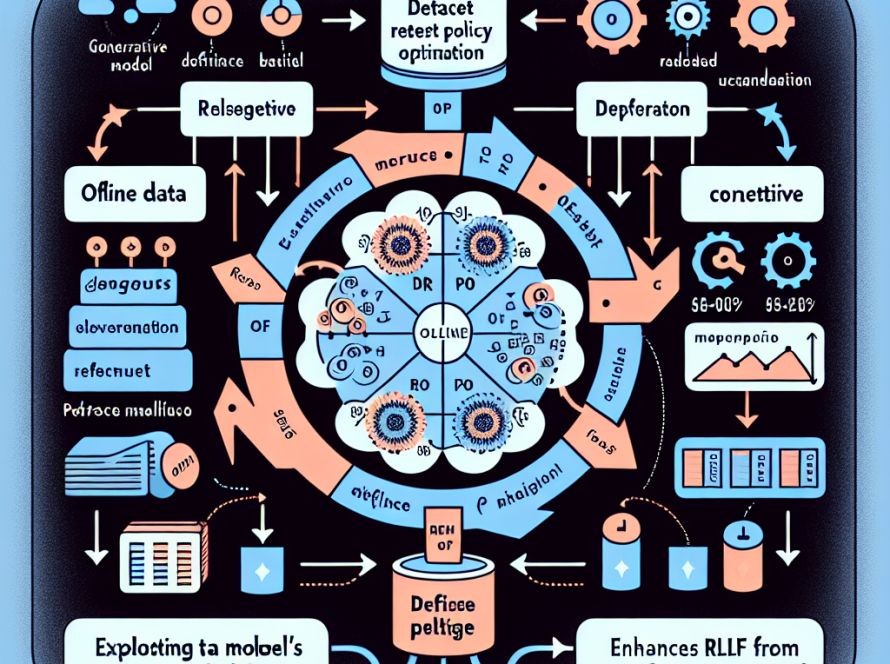Generative artificial intelligence’s (AI) ability to create new text, images, videos, and other media represents a huge technological advancement. However, there’s a downside: generative AI may unwittingly infrive on copyrights by using existing creative works as raw material without the original author’s consent. This poses serious economic and legal challenges for content creators and creative industries.
Traditionally, developers have tried to prevent copyright infringement by tweaking the training processes of AI models to minimize the possibility of generating copyright-breaching outputs. However, this strategy does limit the effectiveness of AI applications, as it often necessitates the removal of high-quality yet copyrighted data from the training sets.
A research team comprised of academics from Princeton University, Columbia University, Harvard University, and the University of Pennsylvania has suggested a new solution to this problem: an economic framework based on the principles of cooperative game theory. This structure will enable a fair distribution of royalties by assessing the roles individual copyright holders have played in contributing to AI-generated content.
This model uses the Shapley value, a concept from game theory, as a fairness measure for allotting royalties, which ensures each participant is remunerated in correlation with their data’s role in training the AI. This model has been tested on various datasets, including those from WikiArt and FlickrLogo-27, evaluating its efficacy in distributing royalties accurately.
The testing demonstrated that broader training data – without infringing on copyrights – improves the capacities of the AI. One key insight from the study was that if a generative model trained on a subset of data yielded a utility score of 0.85, it conveyed a substantial contribution by that subset to the generated output, relative to a baseline model.
The research also critically examined the complexities and challenges that could arise when implementing a model like this in the real world. Several factors complicate things, such as computational challenges and the legal ambiguities surrounding copyright law. The team understands that given the dynamic nature of copyright laws and the diversity of data sources, a flexible and adaptable solution is necessary.
In conclusion, this research offers a solution to the urgent issue of copyright infringement in generative AI: a well-developed economic model based on cooperative game theory. This uses the Shapley value to apportion fair compensation to copyright owners based on their contribution to the AI’s training data. The model’s efficacy has been demonstrated via rigorous tests, showing it can distribute royalties fairly, aligning the interests of AI developers and copyright holders. This not only reduces legal risks but also encourages ongoing innovation and collaboration in the rapidly evolving field of AI-driven content creation.


